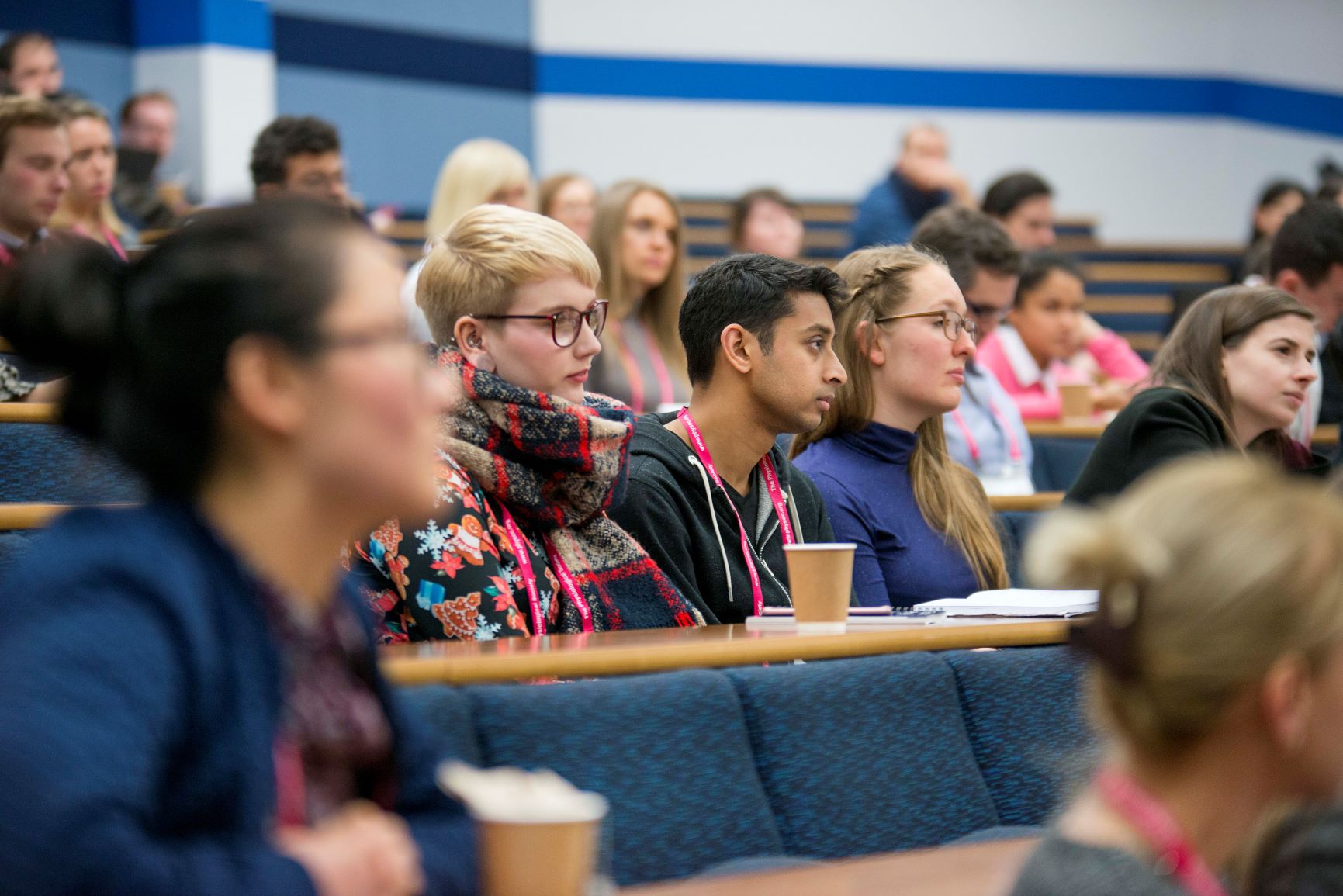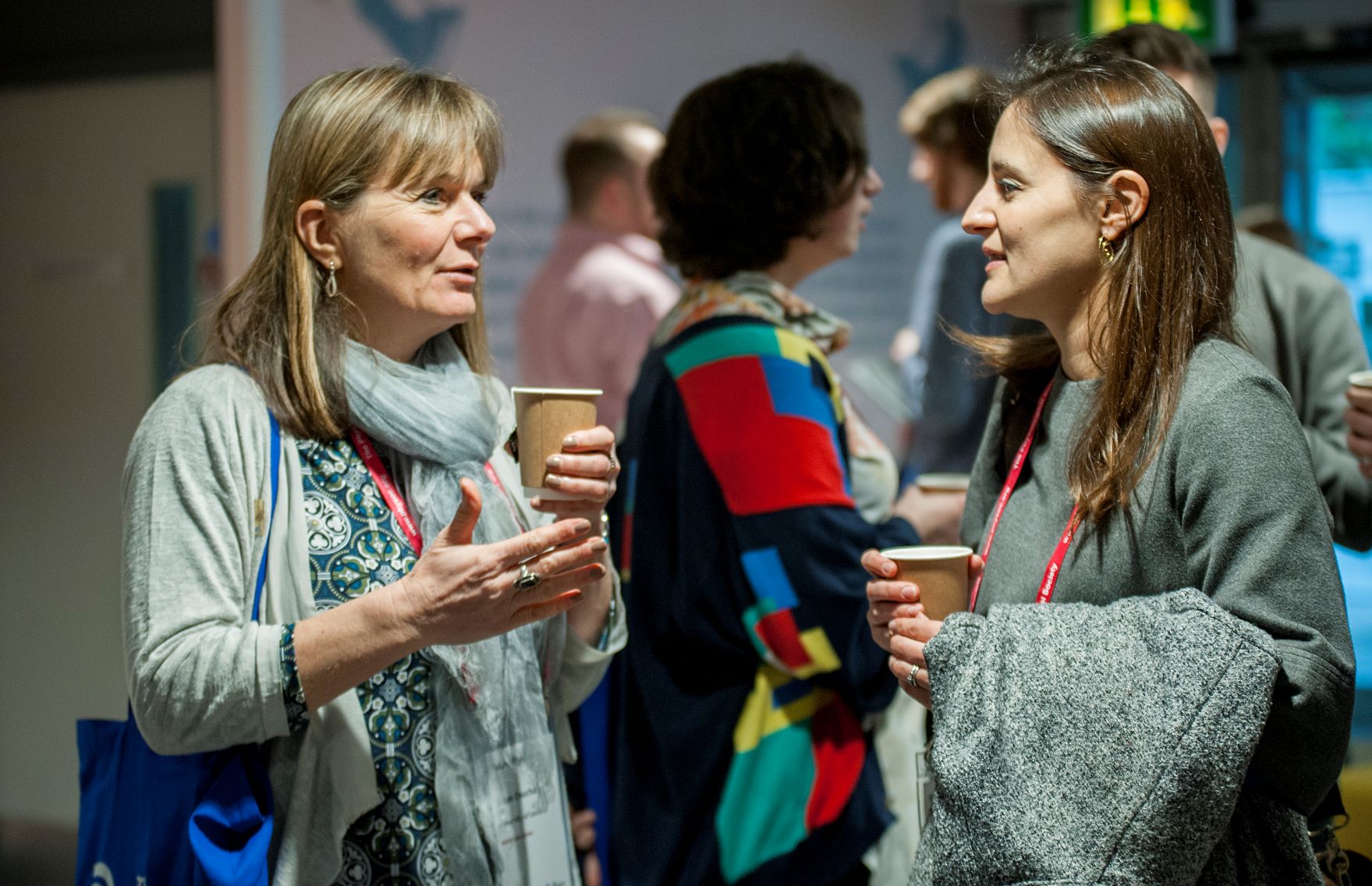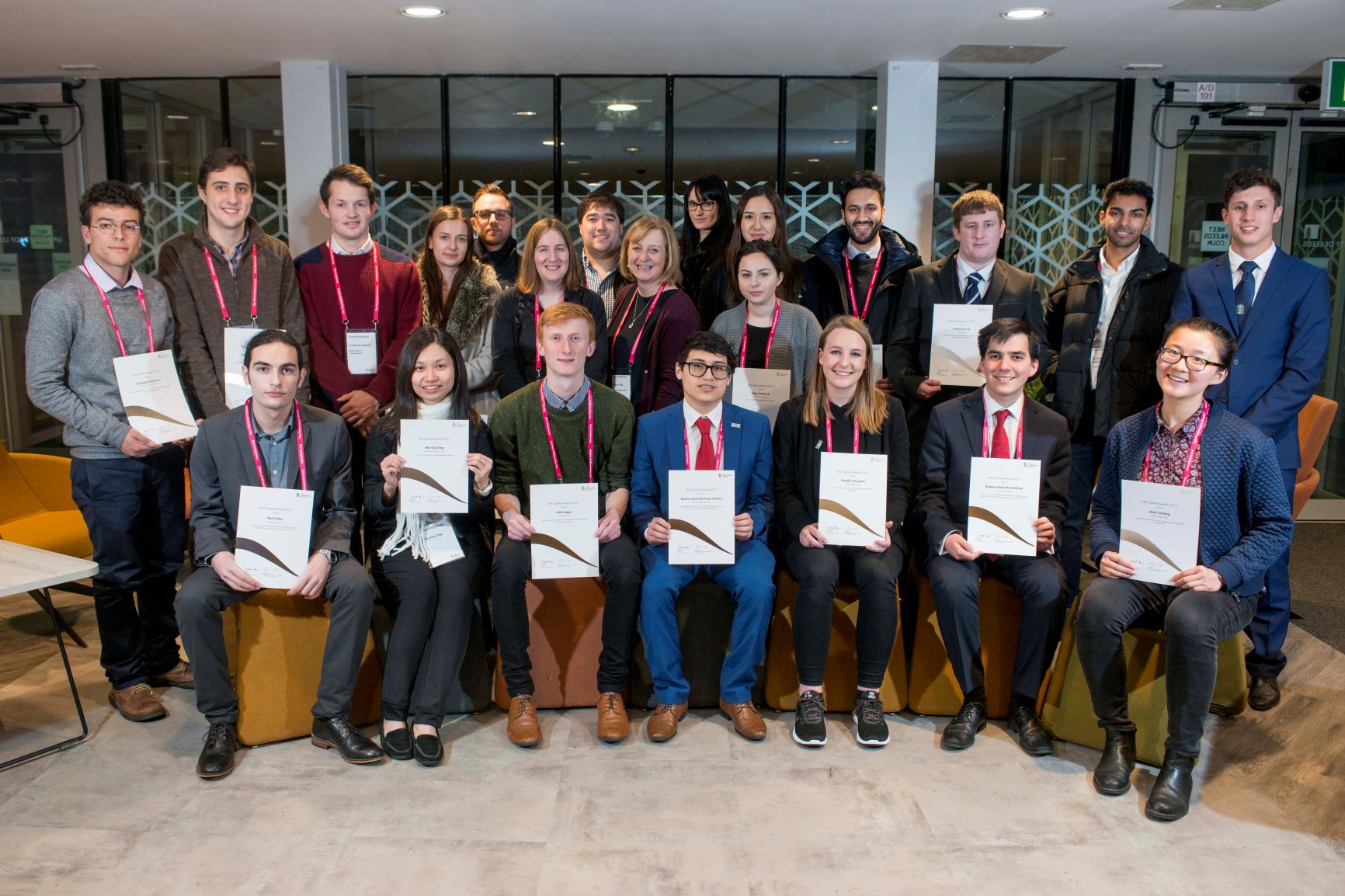
Physiology News Magazine
Future Physiology 2017: Early Career Conference
13–14 December 2017, University of Leeds, Leeds, UK
Events
Future Physiology 2017: Early Career Conference
13–14 December 2017, University of Leeds, Leeds, UK
Events
Jose L. Areta
Norwegian School of Sport Sciences,
Oslo, Norway
Dan Brayson
Kings College London,
London, UK
https://doi.org/10.36866/pn.110.16
Jose L. Areta
Attending the Future Physiology meeting in Leeds in December 2017, coming all the way from Oslo, Norway, was a privilege I had thanks to a Physiological Society travel grant. I am a postdoctoral researcher in the early stages of what, I think, might turn into a long academic career. I signed up for this conference specifically to get a better overview and insights on what a researcher at my stage could do to make the right choices for his future career. The conference did not fail to provide valuable food for thought.
The attendees included a wide range of representatives of the academic career continuum, from undergraduates to professors. A majority of these were, seemingly, early career researchers (ECRs) and they belonged to a reasonably wide range of areas within the field of physiology. This showed that the purpose of the conference was to go beyond delving into their specific areas of expertise. A dominant topic of interest seemed to be commonalities irrespective of the specific area of expertise, meaning the ins and outs of working in and growing through academia.
Several of the sessions provided examples of more established researchers showcasing how they built their own academic careers in the context of research in physiology. The take-home message for me was that there is no ‘one’ way to become an established researcher in any given area. The impression that I got is that love for the work you do followed by dedication and a solid network play a key role, immediately followed by serendipity.This seemed to provide some support to the saying ‘the harder you work, the luckier you get’, that I sometimes remind myself of.
On that note, it was also nice to feel supported by other researchers going through similar difficulties in a research system that seems to very often put high pressure on individuals and can lead to sub-optimal life quality and, in many cases, burnout. Uncertainty seems to be a common denominator for many researchers in different stages of their careers (more so ECRs). Making this explicit is important to find a solution for it. I think this conference was a good first step to bridge the gap between ECRs who have a lot of questions on how to progress through the ranks, while making meaningful contributions to science, and more experienced researchers talking about their specific experiences or professionals providing advice.
Personally, one of my favourite events was a small grant-writing workshop I had the chance to attend that also turned into a bit of a career advice workshop. Transitioning towards being an independent researcher is a very significant milestone for anyone in research, I think. Gathering some tools to do so in the context of finding one’s place in the field was a nice addition to the experience of the conference.

Dan Brayson
As a member of the Affiliate Working Group of The Society, I was privileged to have the opportunity to help with the planning and execution of the Future Physiology meeting, an early career researcher (ECR) focused meeting held at the University of Leeds recently. The meeting was ‘by ECRs for ECRs’. This meant that the Affiliate Working Group was placed at the forefront of the brainstorming process to come up with a plan for a meeting which facilitated an engaging experience for early career scientists.
What we hoped for was an opportunity for ECR’s to shed their inferiority complex baggage (we all have it) and to feel invigorated by the conference experience rather than being overwhelmed. To this end, 20 ECRs were selected for oral presentations whilst five talks were given by senior scientists (for balance, of course). Of these, three were young principal investigators and shining examples that we don’t have to wait around for professors to retire in order to make significant progress in our careers. We hoped that this would add a motivational slant for attendees. If they can do it, why can’t we?

On a personal note, it was a red letter day. I was charged with sharing the chairing and presentation-marking duties with my fellow Affiliate Working Group members, a first for me, and with this, I got to experience the joy of facilitating meeting proceedings rather than merely taking part. At least this was my perception of it, and I would definitely do it again.
Reflecting now on the meeting, I feel that it was a good first crack at a meeting for ECRs. However, I also feel that there is further scope to create the most engaging and immersive experience for young scientists. One idea would be to have facilitated debate workshops on general topics (neuroscience, cardiovascular physiology, gastrointestinal physiology, etc.). This would engage people in a relaxed environment to talk more generally about the big issues/questions facing their chosen fields.

